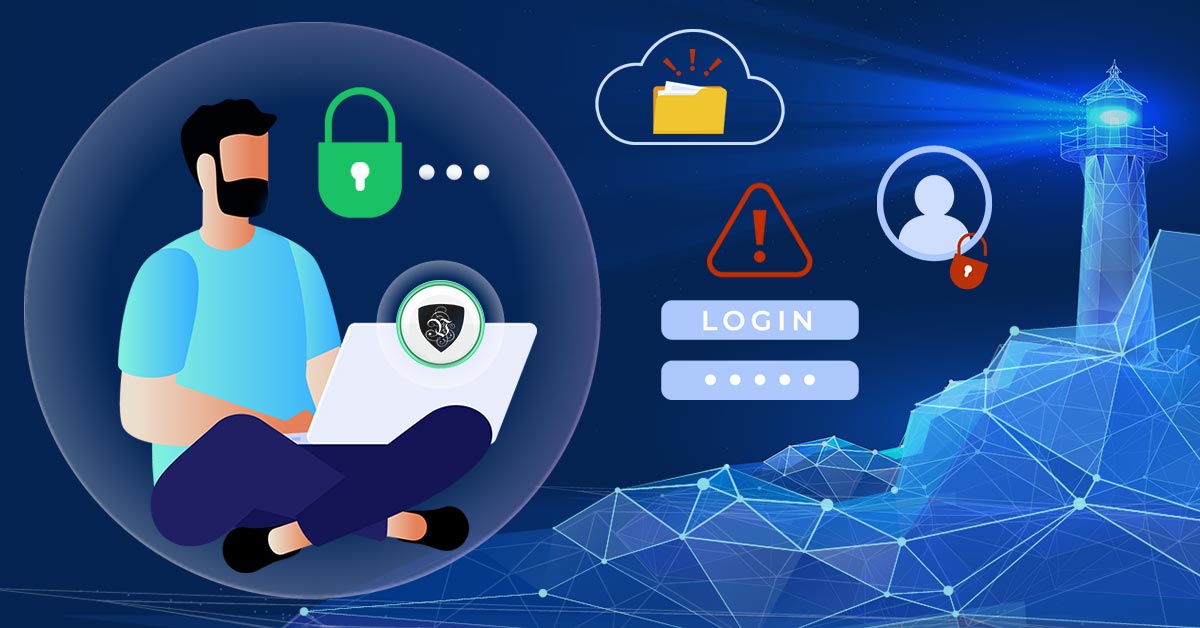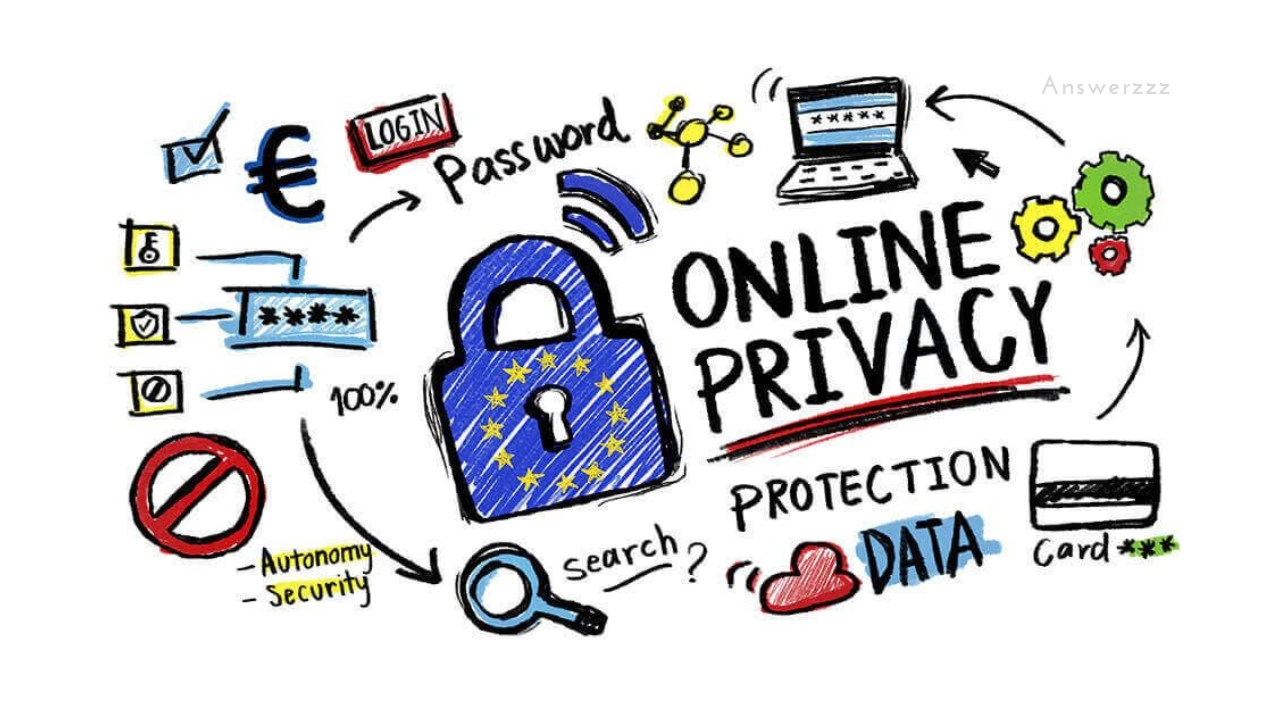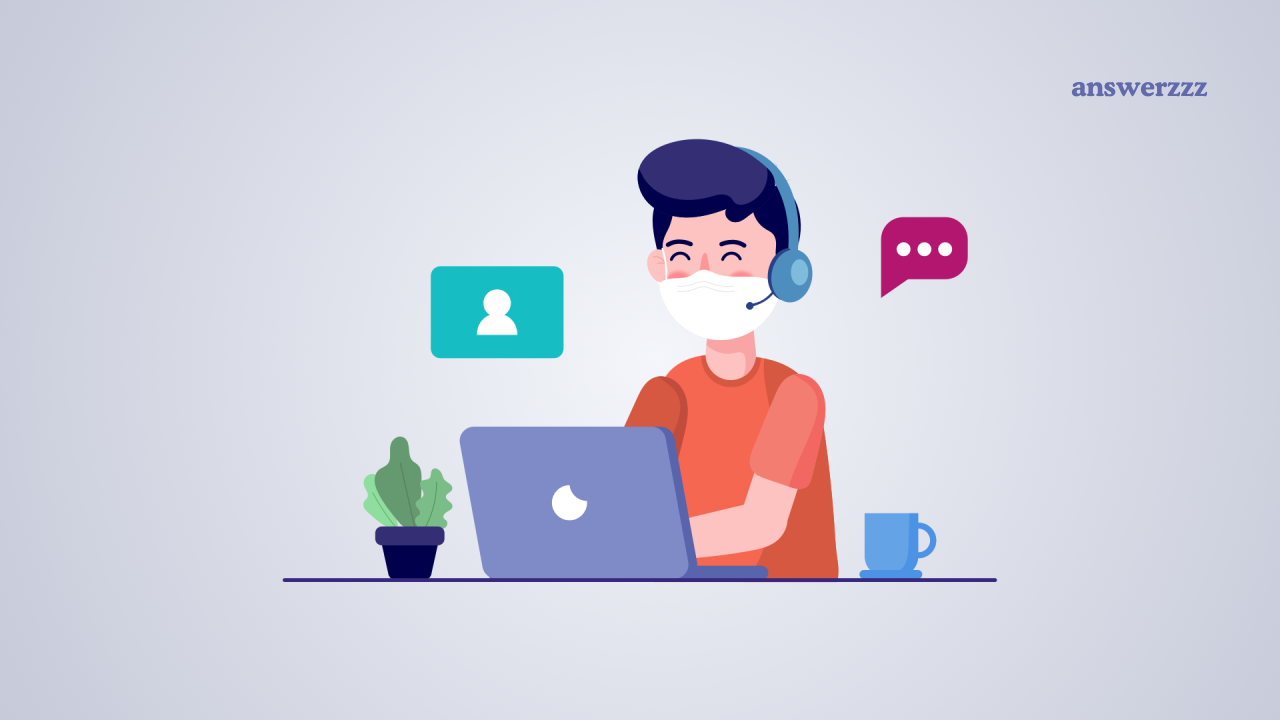In today’s digital age, protecting your privacy online has become increasingly crucial. With the rapid advancement of technology, personal data is more vulnerable than ever to breaches, misuse, and unauthorized access. From social media platforms to online banking, our lives are intricately woven into the internet, making it essential to take proactive measures to safeguard our information. This article outlines simple yet effective tips to enhance your online privacy and keep your data safe.
Understanding the Importance of Online Privacy
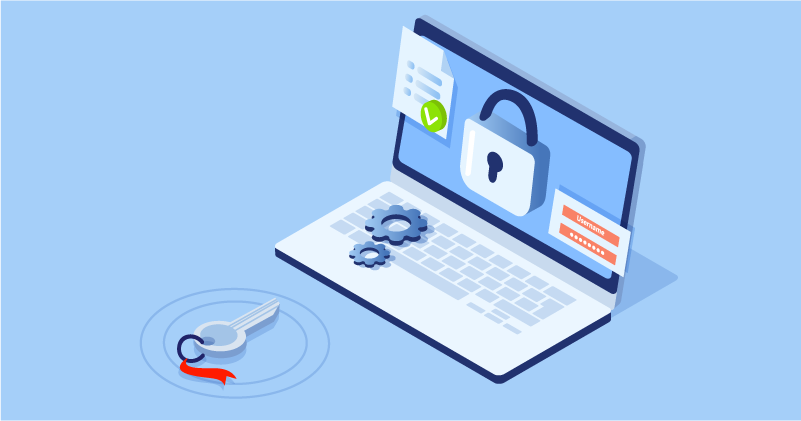
Before diving into specific strategies, it’s important to grasp why online privacy matters. Every time you go online, you generate data that can be collected, analyzed, and shared. This data can include your browsing habits, personal preferences, location information, and even sensitive financial details. Unauthorized access to this information can lead to identity theft, financial loss, and a host of other privacy violations. Furthermore, as companies and governments increasingly rely on digital platforms to store and manage data, the potential for misuse grows. Understanding the risks associated with online activity can motivate individuals to adopt better privacy practices.
Use Strong, Unique Passwords
One of the most fundamental steps in protecting your online privacy is the use of strong and unique passwords for each of your accounts. A strong password typically includes a combination of uppercase and lowercase letters, numbers, and special characters. Avoid using easily guessable information, such as birthdays or common words. Furthermore, using a password manager can help you generate and store complex passwords securely, eliminating the need to remember each one. By maintaining unique passwords for different sites, you minimize the risk of a single data breach compromising multiple accounts.
10 Hidden iPhone Features You Probably Didn’t Know About in iOS 17
Enable Two-Factor Authentication (2FA)
Two-factor authentication (2FA) adds an extra layer of security to your online accounts. In addition to your password, 2FA requires a second form of verification, such as a code sent to your mobile device or an authentication app. This means that even if someone manages to obtain your password, they would still need access to your second authentication method to log in. Most major online services, including email providers and social media platforms, offer 2FA options. Enabling this feature can significantly enhance your account security.
Be Cautious with Public Wi-Fi
Public Wi-Fi networks, such as those found in cafes, airports, and hotels, pose significant privacy risks. These networks are often unsecured, making it easy for malicious actors to intercept your data. To protect your information while using public Wi-Fi, consider using a Virtual Private Network (VPN). A VPN encrypts your internet connection, ensuring that your online activities remain private and secure. Additionally, avoid accessing sensitive accounts, such as online banking or shopping sites, while connected to public Wi-Fi, as this can expose you to further risks.
Review Privacy Settings on Social Media
Social media platforms are a major source of personal data sharing, often without users realizing the extent of their exposure. Regularly review and adjust your privacy settings on platforms like Facebook, Twitter, and Instagram to control who can see your posts and personal information. Limiting your audience to friends or specific groups can help protect your data from unwanted attention. Moreover, be cautious about sharing personal information, such as your location or contact details, in public posts, as this information can be misused.
Monitor Your Online Presence

Conducting periodic searches of your name can help you understand what information is publicly available about you. This practice allows you to identify any unwanted exposure of your data, such as photos, articles, or comments you may have forgotten about. If you find sensitive information that you would prefer to remain private, you can take steps to have it removed or de-indexed from search engines. Monitoring your online presence not only helps you protect your privacy but also empowers you to manage your digital reputation.
Secure Your Devices
The security of your devices plays a crucial role in maintaining your online privacy. Keep your operating systems and applications updated to ensure you have the latest security patches and features. Installing reputable antivirus software can also help detect and remove malware that may compromise your data. Furthermore, enable features like remote wipe and tracking on your devices, which can help you locate and erase data from lost or stolen devices. Protecting your devices from physical access by using strong passwords or biometric authentication methods can further enhance your privacy.
Be Wary of Phishing Attacks
Phishing attacks are a common method used by cybercriminals to gain access to personal information. These attacks often take the form of deceptive emails, messages, or websites that appear legitimate but are designed to steal your data. Be cautious of unsolicited communications requesting sensitive information or urging you to click on suspicious links. Verify the authenticity of the source before responding or taking action. Educating yourself about common phishing tactics can empower you to recognize and avoid potential threats.
Tech Tips for Beginners: How to Boost Your Productivity with Simple Digital Tools
Use Secure Browsers and Search Engines
The web browser you choose can significantly impact your online privacy. Consider using browsers that prioritize user privacy and security, such as Mozilla Firefox or Brave. These browsers offer features like enhanced tracking protection and ad-blocking capabilities. Additionally, consider using privacy-focused search engines like DuckDuckGo, which do not track your searches or collect personal information. By opting for secure browsing tools, you can reduce your exposure to targeted advertising and data collection practices.
Limit Data Sharing with Apps
Many mobile applications request access to personal data, such as location, contacts, and storage, often without a clear need for that information. Before installing an app, take the time to review its permissions and assess whether it truly requires access to the data it requests. If an app asks for unnecessary permissions, consider seeking an alternative or simply avoid installing it. Regularly reviewing and adjusting the permissions granted to existing apps can also help protect your privacy.
Encrypt Your Communications
For sensitive communications, consider using encryption tools to protect your messages from unauthorized access. Encrypted messaging apps, such as Signal or WhatsApp, use end-to-end encryption, ensuring that only you and the intended recipient can read the messages. Similarly, for email communications, consider using encryption services like ProtonMail, which provides secure email options. By encrypting your communications, you enhance your privacy and reduce the risk of interception by third parties.
Understand Cookies and Tracking Technologies
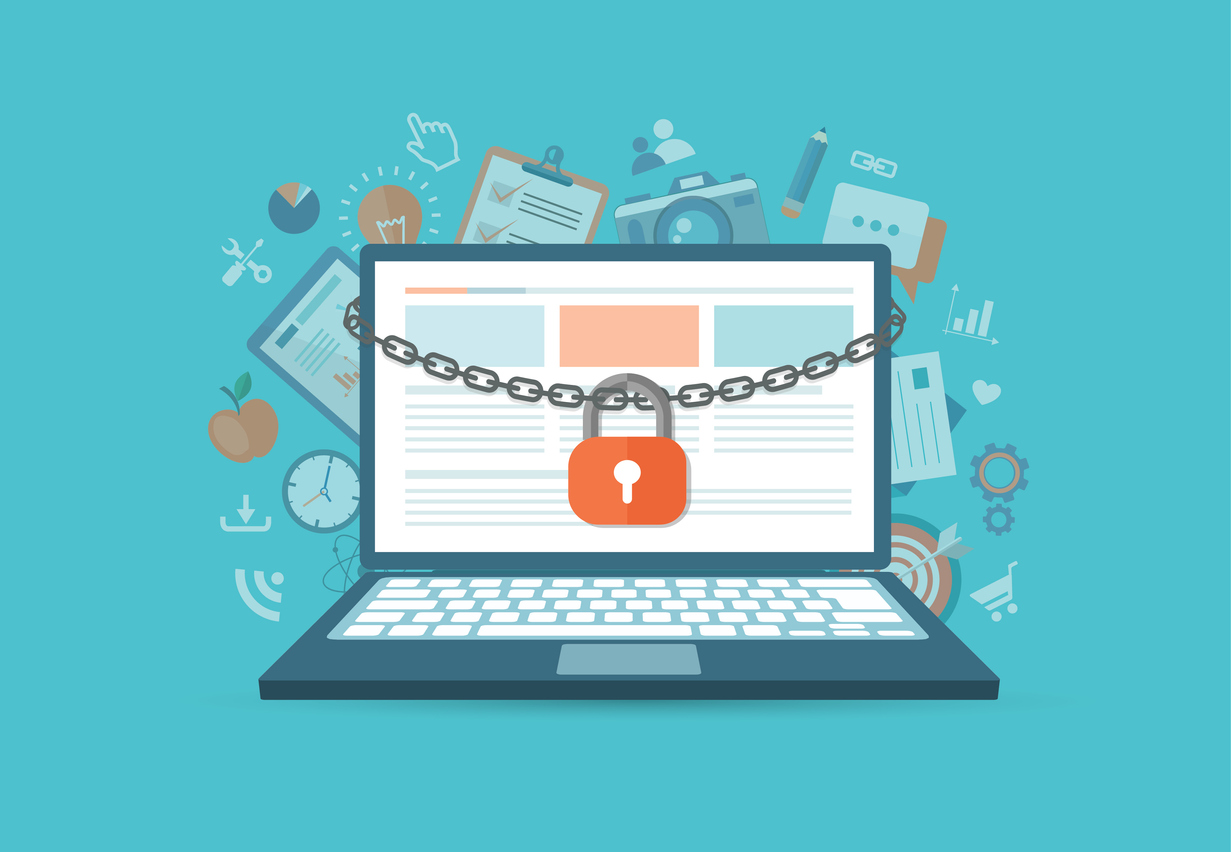
Cookies are small data files stored on your device by websites you visit, often used for tracking and improving user experience. However, some cookies can be used for tracking your online activities without your consent. Familiarize yourself with cookie settings in your web browser and consider regularly clearing your cookies to minimize tracking. Many browsers also offer options to block third-party cookies, which can help reduce targeted advertising and improve your privacy.
Be Mindful of What You Share
In the age of social media and constant connectivity, it can be tempting to share every detail of your life online. However, it’s essential to be mindful of the information you share publicly. Oversharing can make you vulnerable to identity theft, stalking, or harassment. Consider whether the information you are about to share is necessary and who will have access to it. Always think twice before posting sensitive details, such as your address, phone number, or financial information, to avoid compromising your privacy.
Keep Your Financial Information Secure
Online banking and shopping have become integral parts of our lives, but they also present unique privacy risks. When making online transactions, ensure that the website is secure by looking for “https://” in the URL and a padlock icon in the address bar. Avoid saving your payment information on websites whenever possible, as this can expose you to data breaches. Regularly monitor your bank statements and credit reports for any unauthorized transactions or suspicious activity to catch potential fraud early.
Educate Yourself About Privacy Laws and Rights
Understanding your rights regarding online privacy can empower you to take action if you feel your data is being misused. Familiarize yourself with relevant privacy laws in your jurisdiction, such as the General Data Protection Regulation (GDPR) in the European Union or the California Consumer Privacy Act (CCPA) in the United States. These laws grant individuals certain rights over their data, including the right to access, delete, or restrict the processing of their information. Being informed about these rights can help you advocate for your privacy and hold companies accountable for their data practices.
Optimize Your Gaming Setup for Competitive Play: A Comprehensive Guide
Regularly Update Your Privacy Practices
Online privacy is an evolving landscape, and staying informed about the latest threats and best practices is essential. Regularly update your knowledge about emerging technologies, privacy tools, and security measures. Follow trusted sources, such as cybersecurity blogs or privacy advocacy organizations, to stay abreast of developments in online privacy. By adapting your practices to reflect the latest information, you can better protect your data and maintain control over your online presence.
Protecting your privacy online is a crucial endeavour that requires vigilance and proactive measures. By implementing simple yet effective strategies—such as using strong passwords, enabling two-factor authentication, and being cautious about sharing personal information—you can significantly reduce your risk of data breaches and identity theft. As technology continues to evolve, so too should your approach to privacy. By staying informed and adapting your practices, you can navigate the digital landscape with greater confidence, ensuring that your personal information remains safe and secure. Remember, your online privacy is in your hands, and taking these steps today can safeguard your data for tomorrow.
